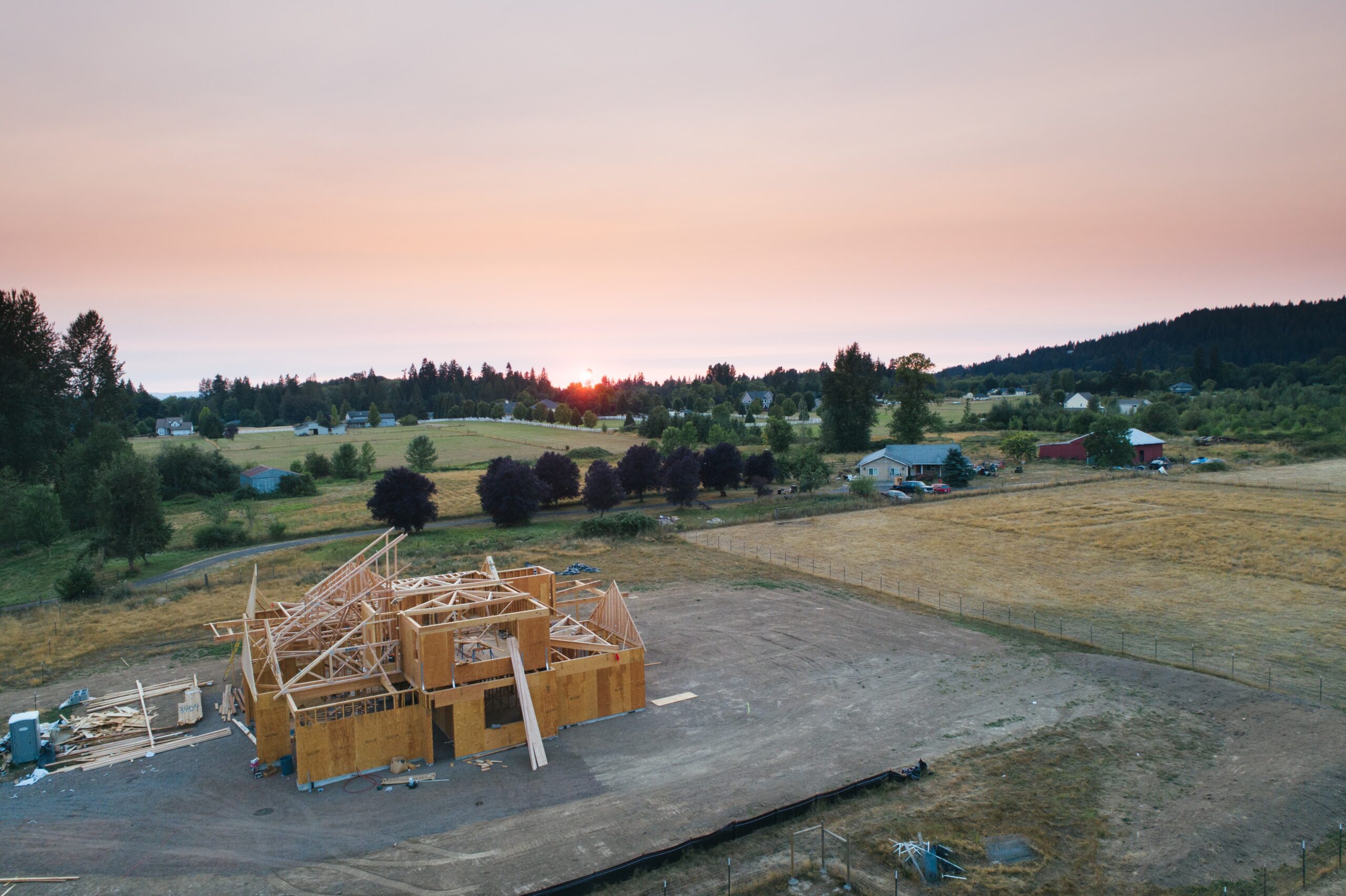Items Needed To Know Before Buying Land To Build A Home
DISCLAIMER: These are the details that I have gathered from my experience and from the help of different real estate agents. I am not a licensed mortgage lender, nor am I a licensed contractor or builder.
The first thing to know about purchasing land for the purpose of building a home on top of it is that there are not many mortgage providers that do residential land mortgages. Usually, buyers have to go with a local lender who knows the area and specializes in purchasing land. One of which is First Resource Bank. Specifically, land loans need a higher down payment, sometimes 50%, and the building has to take place within the first 6 months of the loan commitment.
You have to decide whether you are going to hire a builder who will cover all aspects of putting the home together or whether you will work on a sub-contractor basis. Meaning you would hire different companies to work on specific sections of the home. You, the buyer, would then be in charge of hiring out the specific individuals at the correct time periods and making sure first and second payments are made on time. Usually, contractors need an initial deposit along with payment upon completion. With working with a builder you have to go into depth about the specifics of every part of your house. Some of the specifics would include floor plan layout, type of countertop, material for the patio, etc. No matter the choice of a single builder or contractor, you will need a separate loan in order to finance the building of the home. Meaning a separate loan with separate payments and payment dates.
The hardest aspect of buying land is being able to evaluate the cost of the land. Part of that responsibility falls into the research of your agent; understanding what have other pieces of land sold for. However, comparing land can be difficult due to the fact of calculating the cost of the improvement. The cost of improvement means the costs in order to prepare the land for building a house. This includes Perc testing, engineering design, land preparation, etc. All aspects are needed ahead of time in order to truly understand the value of the land. Perc testing inspects the soil of the land to see if the ground is able to absorb the liquids from a septic system. On rural sites without municipal sewage systems, a failed perc test means that no house can be built, which is why you should make any offer to purchase land contingent on the site passing the soil and perc tests. The designs from an engineer are needed to see what type of septic and well system can fit the land. Different systems have different prices in order to implement. Some of the land preparation efforts are to clear trees and bushes in order to build a home and in order to implement a driveway.
Above all else, all building efforts need to be permitted by the township. If the ordinances do not allow the building that you have designed then you can be stuck before you start. Part of the benefits of having me as your agent is I would contact the local zoning officials in the township and ask the questions necessary for your plans. Although it sounds simple, these officers are usually busy and understaffed. Requiring extensive planning to get ahold of the officers and have them approve of certain steps throughout the home-building process.
